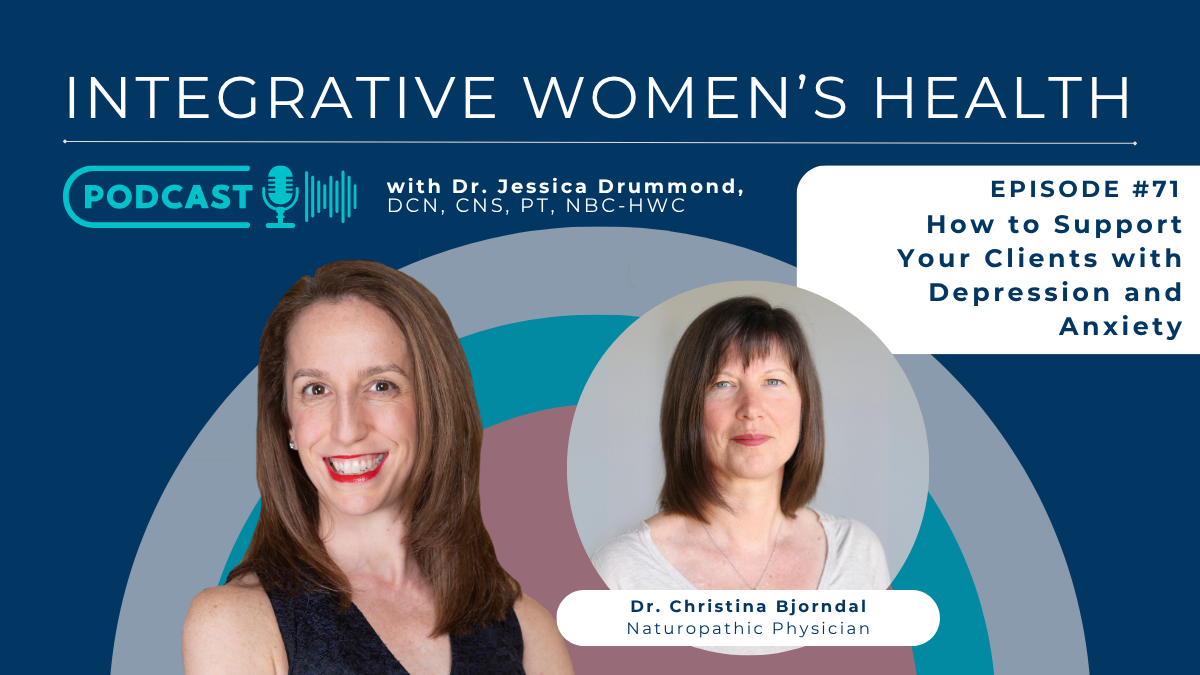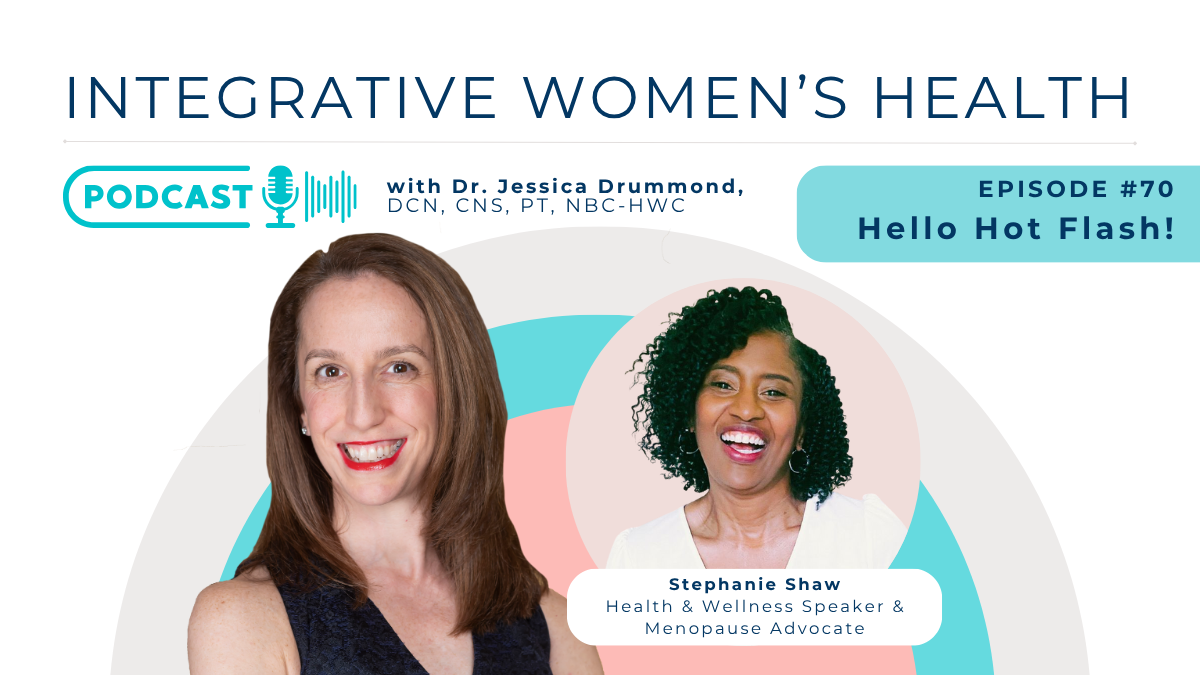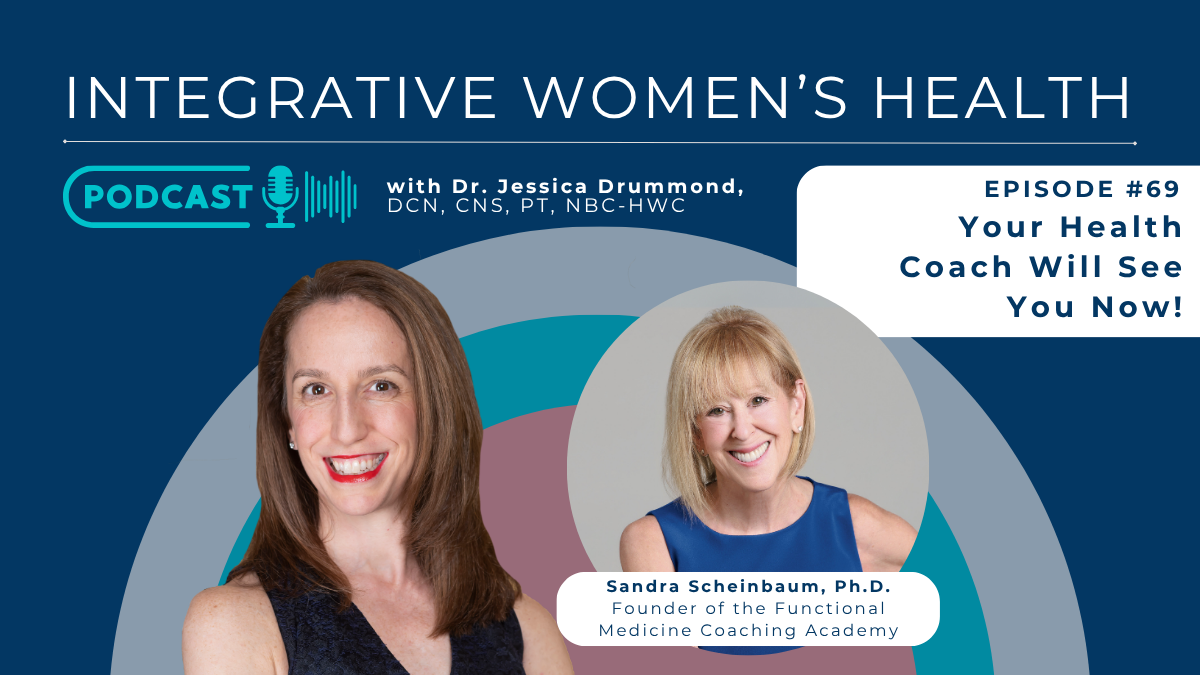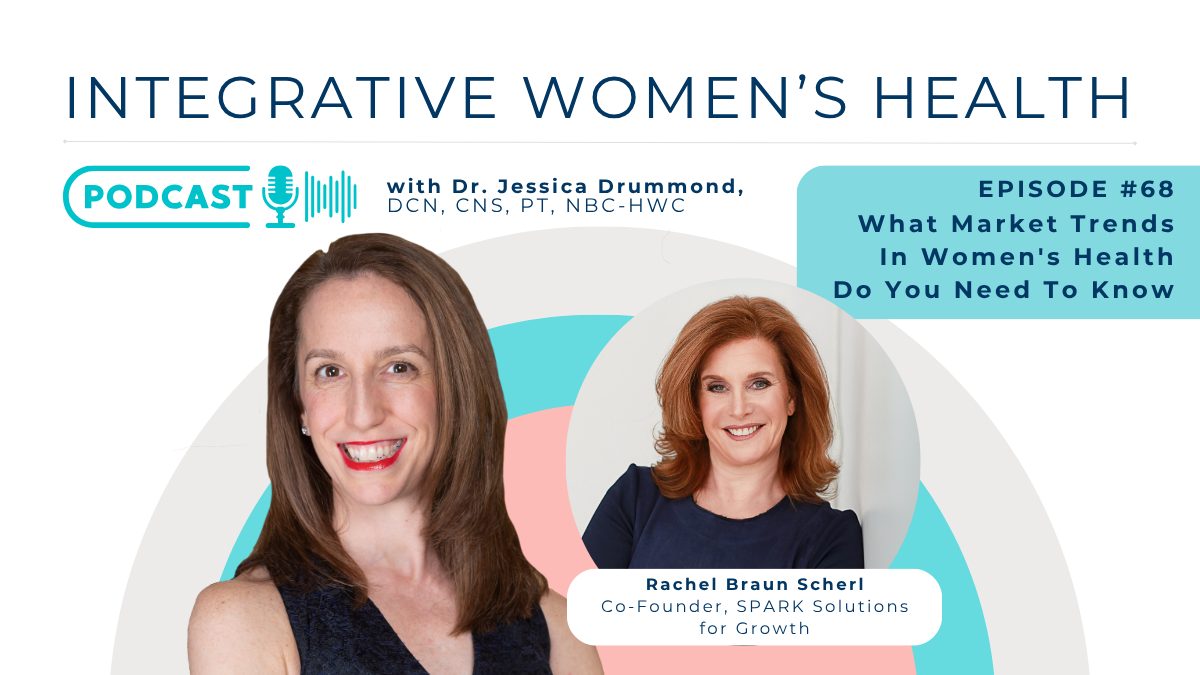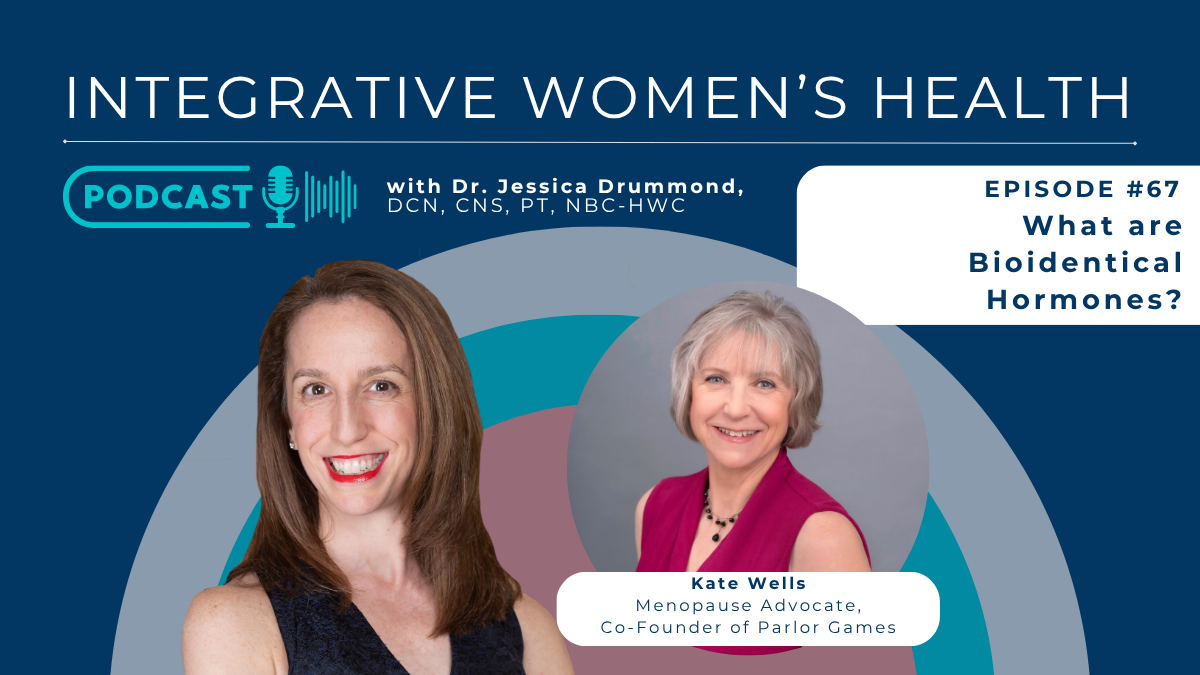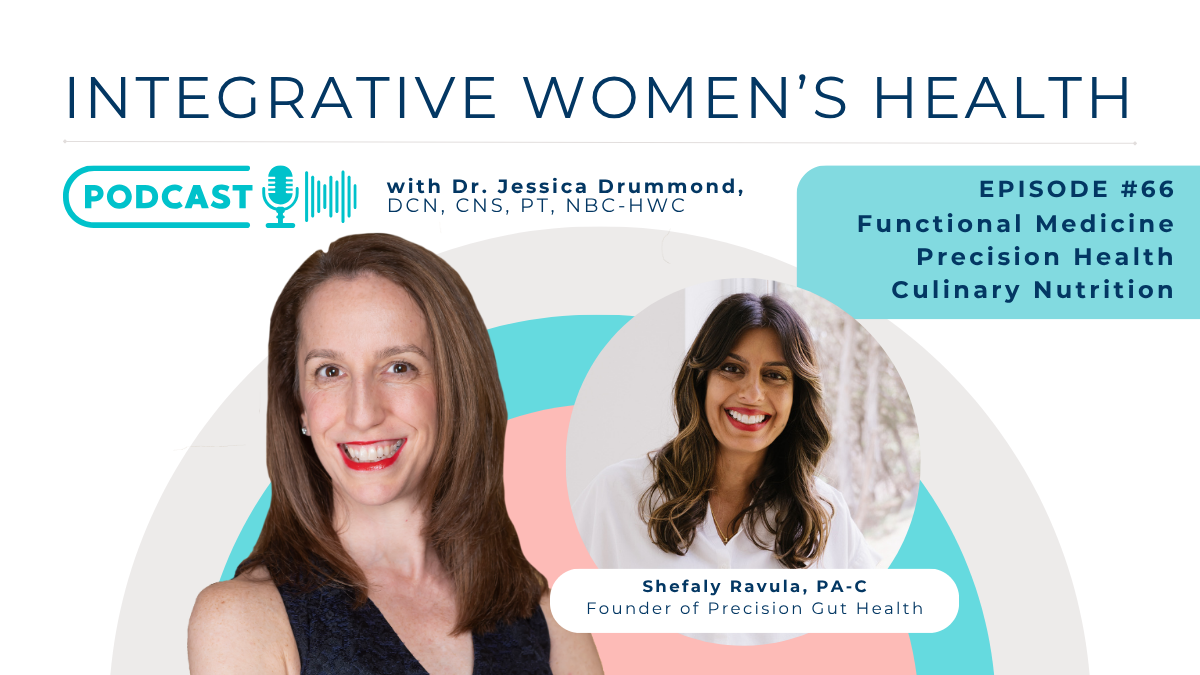
Since 2017, healer burnout has been flagged as a public health crisis. If you work in health or wellness, you know that burnout is common. But, you may not think that it’s happening to you.
What are some of the signs of burnout?
Blaming yourself when your patients or clients don’t fully recover.
Did you know that 60% of the risk of premature death (to your patients or clients) is due to social and environmental factors and individual behavior change, and that only 10% is due to healthcare.
Without understanding what the social determinants of health are, and that as healers we have limited ability to impact these on an individual level, it’s easy to become frustrated when patients struggle to get well under our care. Often we blame ourselves.
Let’s take a closer look at The Social Determinants of Health:
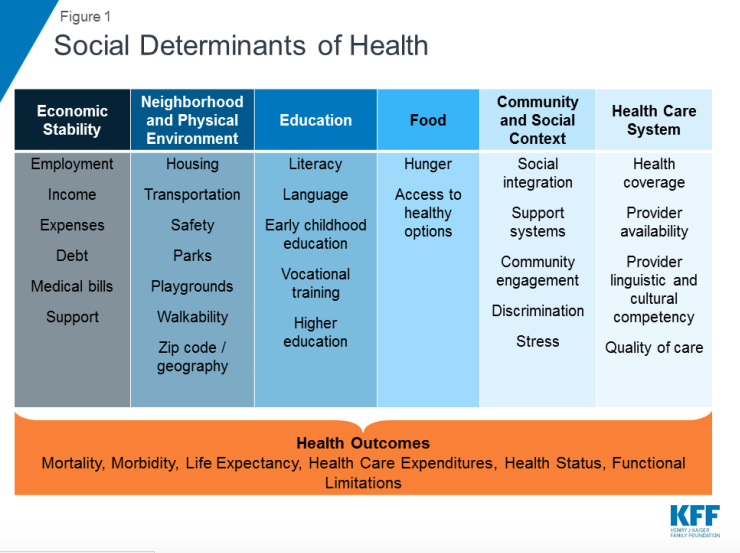
As a health or wellness professional, you likely have very little ability to impact your patients’ access to education. You can’t easily change the walkability or safety of her neighborhood. You probably have no idea if she’s drowning in student loan debt. You have limited ability to influence her social support networks, and likely can’t change her health insurance benefits. When we look at the significant impact of these factors on our patients’ health, it’s no wonder that we can feel frustrated. You might feel like you failed.
I believe that our limited ability to change our patients’ social determinants of health is key to why so many healers feel burnout.
When we take on the responsibility of our patient or client’s healing journey, we are destined to feel as if we have failed in our role, often.
Start asking your patients and clients about these social determinants of health. Sometimes we can help them to improve. As patients become aware of the fact that these factors influence their health, it can help to manage their expectations around their healing time or need for more support. You can connect them with resources, and support them to expand their healing team with referrals.
Chronically dealing with fatigue, minor illnesses, and low grade anxiety.
Health and wellness professionals are notorious for pushing through our own health warning signs to show up for our patients, clients, family members, and friends. We rarely admit when we need rest. We are no better than our patients at consistently exercising. And, just like them, we are often too busy to cook at home.
According to a study published in the American Journal of Infection Control, 4 in 10 healthcare professionals work while experiencing symptoms of the flu! We are terrible at listening to our own advice!
Start carrying around a small journal, note when you are thirsty, and ignore it. Note when you feel tired or achy, but go to work anyway. Jot down when you feel sad, but put on a happy face for the sake of others. The first step to recognizing your need for self-care is awareness of when you’re ignoring your own physical or emotional needs.
Working against your own natural rhythms and strengths.
Maybe you’re an introvert, who has a few very close friends and you love to go deep into the complexities of a clinical challenge. And yet, at work, instead of working with a few of the most complex patients (and creating a boutique practice to support your financial needs), you see 20 patients per day, or lead large group coaching sessions.
Perhaps you love to inspire people. Your Instagram feed looks like a coffee table book, you are naturally very creative, and your body likes to flow in alignment with seasonal shifts. Now imagine that you live in San Diego (where it’s always sunny and mild). Plus, you work in a cookie cutter healthcare practice that requires extensive online documentation, and encourages the use of protocols.
Can you see how each of these scenarios could easily lead to burnout?
Take the opportunity this year to do some deep introspection, with support.
References:
Artiga, S & Hinton, E. (2018) Beyond Health Care: The Role of Social Determinants in Promoting Health and Health Equity, https://www.kff.org/disparities-policy/issue-brief/beyond-health-care-the-role-of-social-determinants-in-promoting-health-and-health-equity/
Chiu, et al. (2017) Working with influenza-like illness: Presenteeism among US health care personnel during the 2014-2015 influenza season, American Journal of Infection Control, 45(11), 1254–1258.


